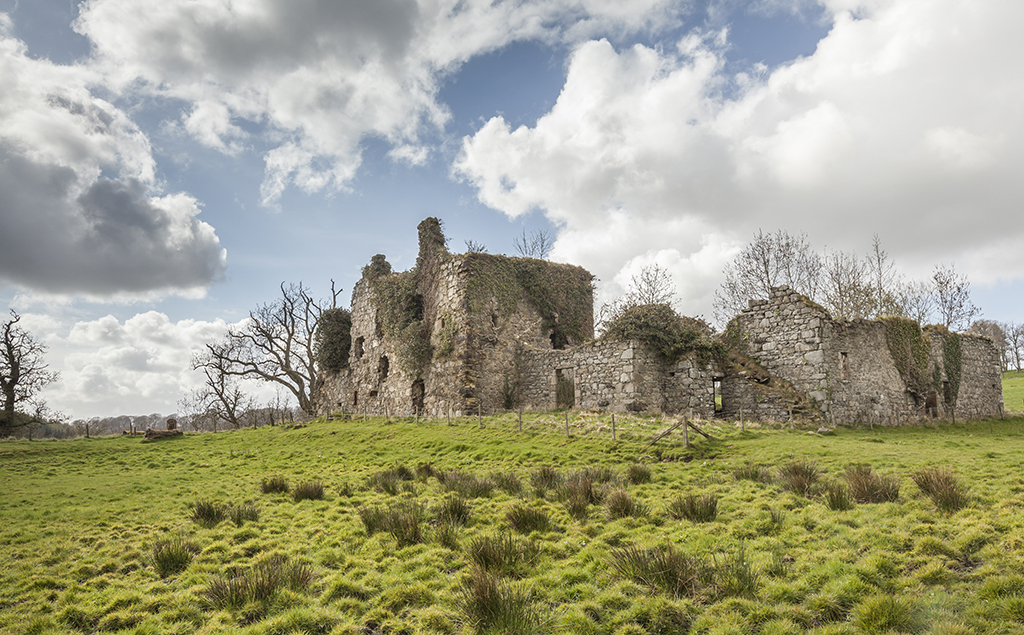
Lord Byron – Scotland’s most riotous romantic
Passing ten years of his life in Aberdeen, Lord Byron endured a life full of chaos and scandal.
George Gordon Noel, sixth Baron of Byron, was something of a natural at courting controversy in the 18th and 19th centuries.
Born in London in 1788 to Captain John Byron and Catherine Gordon, heiress of Gight in Aberdeenshire, the Romantic poet and satirist was notorious for his scandalous private life and works.
Perhaps inheriting his wicked streak from his father, whose rebelliousness earned him the nickname “Mad Jack”, he was known – and widely admired – across Europe for his defiant and melancholic personality.
After “Mad Jack” had frivolled away much of her fortune, Catherine whisked her son away to Aberdeen in 1789 where he spent ten years of his life. These young years were somewhat tumultuous – in addition to coping with a painful clubbed foot, his family life was troubled.
His father died when he was three, his half-sister was shipped off to live with their maternal grandmother, and he lived in miserable lodgings with his volatile, depressed mother and their abusive nurse.
Aged ten his great-uncle William unexpectedly died in 1789, leaving young Byron to take up the reigns as sixth Baton Byron of Rochdale.
Much to his mother’s delight they moved to Newstead Abbey in Nottinghamshire, and he was later educated at Harrow and The University of Cambridge.

The Gight Castle ruins,
where Lord Byron’s mother Catherine Gordon resided until 1787
Despite enduring such ordeals as a young child in the north east of Scotland, the poet was empowered by his Scottish bloodline. Aged just 19, he wrote of his love for the northern countryside in ‘Hours of Idleness’, distinctly unimpressed by the comparatively barren landscapes of the south:
‘England! Thy beauties are tame and domestic. / To one who has rov’d on the mountains afar / Oh! for the crags that are wild and majestic / The deep frowning glories of dark Loch na Garr.’
As the poet entered into his late teens and early twenties, his life was quickly overwhelmed by scandal – among his affairs with married women, actresses and young men, it is thought he had a child with his half-sister Augusta, five years his elder.
His sole legitimate child was to Annabella Milbanke, from whom he separated in 1816. Amassing huge debts in the wake of these affairs, he left England in 1816 seeking solace in Italy and Greece, never to return to the UK.
During the summer of 1818, Lord Byron completed the first canto of arguably his most famous work ‘Don Juan’.
ritten in Venice, the poem’s satiric realism was spotted with references to his own life:
‘But I am half a Scot by birth, and bred / A whole one, and my heart flies to my head.’
Revealing of his self-reflective nature, he viewed his Scottish roots as fundamental to both his heart and head – his romantic, emotional self as well as his intellect.
Though he died in 1824 in Missolonghi, Greece, and was buried at his ancestral home in Nottinghamshire, it may be said that the poet’s true spirit lay to rest in Scotland.
TAGS

